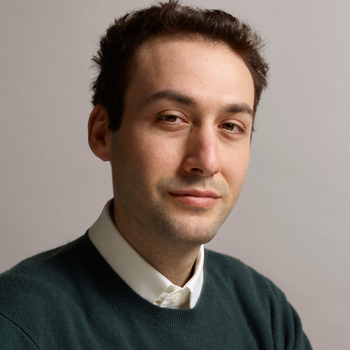
Mikael Rubin, PhD
Introduction
Do you find yourself wondering: I’m motivated to address something that has been bothering me, but I don’t want to be in therapy for years. I’m already in therapy but I want to address a specific concern separately. I’m already in therapy but I want to accelerate my progress. Intensive therapy might be helpful for you. What is intensive therapy? It means meeting more often (multiple times per week) and/or for longer (sessions that might last a few hours) in the short term. I use Cognitive Behavioral Therapy, and specifically exposure therapy when working in an intensive format. When working in an intensive format we will identify whatever is causing you distress in a systematic way and then directly: (1) Working on activities you avoid and reducing unhelpful behaviors. (2) Addressing thoughts you might be having that are interfering with your life, causing distress, or otherwise unwanted. What are some concerns where intensive therapy can help? Anxiety: Panic, Social Anxiety, Phobias/Specific Fears, Agoraphobia Trauma: Posttraumatic Stress Disorder and trauma-related concerns OCD: Obsessive Compulsive Disorder and related concerns How long will it take? That really depends on the intensity of our work and how significant the concern is. Can I stick with my therapist and do intensive work? Yes! It can be very helpful to stick with long-term therapy. I can work with you and your current therapist to figure out how a brief intensive program might be beneficial for you and your long term work. Do you only do short term intensive work? No, I also do long-term work term. Sometimes intensive work might make up only part of our work together. Sometimes intensive work is not appropriate. For instance, I am trained to treat insomnia using CBT-I which typically takes at least six to eight weeks and it cannot be rushed. I received my PhD in Clinical Psychology from The University of Texas at Austin. In addition to my private practice, I am actively engaged in research and training the next generation of clinical psychologists through my research lab at Palo Alto University. My research has specifically included testing new approaches to treatment social anxiety, using virtual reality and simulated social interactions online. I also have extensive experience with mindfulness and meditation practice, including having developed and empirically tested a brief mindfulness intervention. *To reach me for an initial consult please use the contact form, email (mikael.rubin.phd@gmail.com), or call (562-614-3886) me.*
Connect
View websiteHighlights
- Accepting new clients
- Offers free consultation
- Telehealth appointments
- Accepts online payments
Licenses
-
Ph. D. #35280 (CA)
Specialties
Additional focus areas
Treatment Approaches
Population focus
Appointment types
- Individuals
Age groups
-
Young Adults (18-24)
-
Adults (24+)
Free intro call available
Pay with insurance
Looking for practitioners who accept insurance?
Pay out-of-pocket
-
Initial consulatation $0
-
Psychotherapy, individual $250